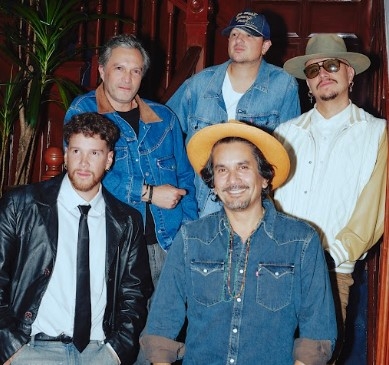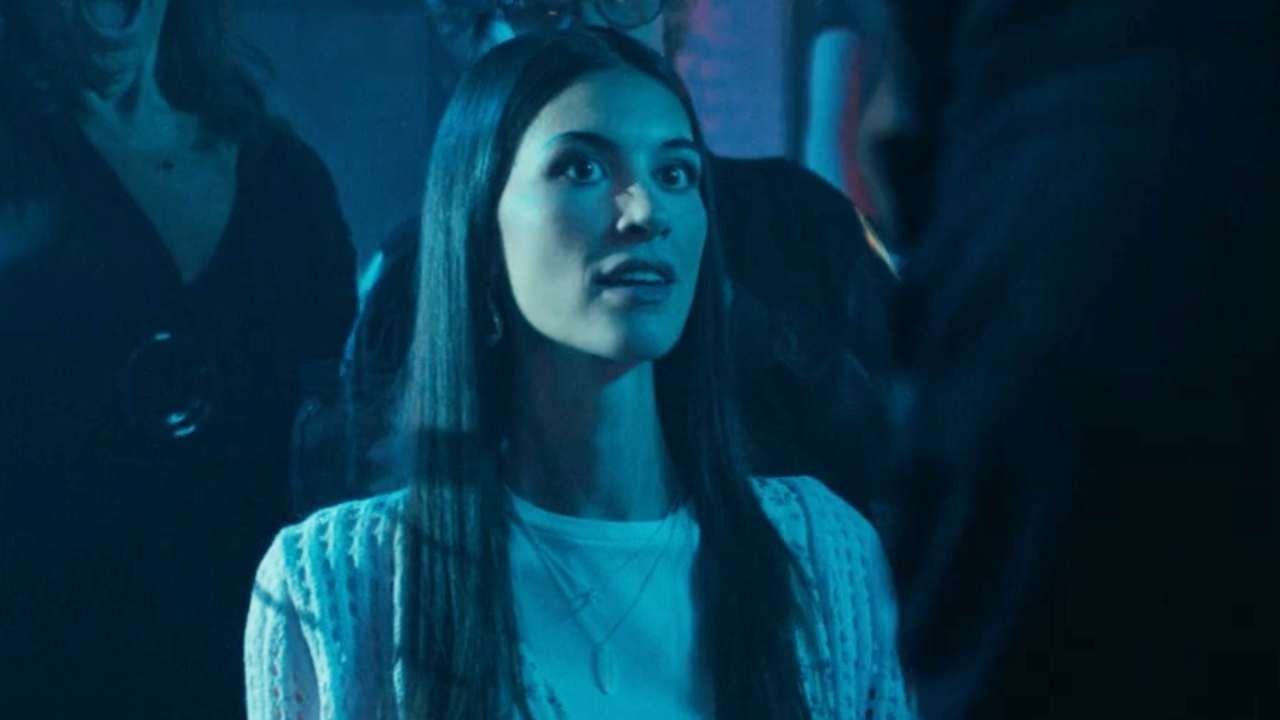Movie studios can be sued under false advertising laws if they advertise a movie with misleading trailers. This was established on Tuesday US district judge Stephen Wilson which was allowed to proceed with the false advertising case against Yesterdaythe 2019 movie by Danny Boyle where we found a world without the Beatles.
But let’s start from the beginning. Two fans of Ana de Armas, Conor Woulfe of Maryland and Peter Michael Rosza of San Diego County, California filed a lawsuit against Universal in January, alleging that they rented Boyle’s film after seeing the actress in the trailer, only to learn after viewing that the scene had been cut from the final cut of the film. The two each paid $3.99 to rent Yesterday on Amazon Prime Video e.gdemanding compensation of at least 5 million dollars.
there universal has sought to dismiss the charges, arguing that movie trailers are entitled to broad protection under the First Amendment. The studio’s lawyers argued that a trailer is an “artistic and expressive work” that tells a story of about three minutes to convey the theme of the film to the viewer, and therefore should be considered “non-commercial ” talk. But Judge Wilson rejected those arguments, saying a trailer is a commercial product and subject to California’s false advertising law and the state’s unfair competition law.
“Universal is right that trailers involve creativity and editorial judgment, but that creativity does not override the commerciality of a trailer”wrote federal judge Stephen Wilson. “Essentially, a trailer is an advertisement designed to sell a movie by giving consumers a preview of the movie.”
In their briefing on the matter, Universal’s lawyers argued that movie trailers often included clips that were not featured in the final cut of the film. Lawyers are cited as an example Jurassic Park (another Universal film), which featured a trailer made up entirely of footage that was not in the entire film.
Universal also argued that classifying the trailers as a “commercial product” could open the door to a parade of lawsuits from disgruntled moviegoers, who could subjectively claim that a movie doesn’t live up to the hype. to the expectations created by the trailer.
“According to the plaintiffs’ argument, a trailer is stripped of its full First Amendment protection and subject to serious litigation whenever a viewer claims that they are disappointed that a particular person or scene appearing in a trailer may or not present in the final edit of a film. Or if a film fits the genre they claim to be expected or any of the countless frustrations a viewer can say.”The company’s lawyers argued.
Stephen Wilson sought to address that concern from the studio, saying the false advertising law only applies when a “significant portion” of “reasonable consumers” could be misled by the trailer. “The Court’s ruling is limited to whether an actor or a scene featured in a trailer is actually in the movie, and nothing more”wrote the judge, who believed that based on the trailer of Yesterdayaudiences believably expect that Ana de Armas had a significant role in the film.
In fact, De Armas was originally going to appear as a love interest for the film’s lead, played by Himesh Patel. Patel’s character was supposed to meet him on the set of James Corden’s The Late Late Show, where Patel would interrupt him playing a Beatles song. “One thing”. Richard Curtisthe film’s writer, explained that the part of Ana de Armas was cut because the audience would not like the idea of Jack Malick (Patel’s character) being distant from his main love interest, Ellie, played by Lily James.
Below you can watch the deleted scene from Yesterday where we saw Ana de Armas with Himesh Patel on James Corden’s talk show:
The coming months will therefore be very important for the marketing strategies of film studios, because the last sentence of this lawsuit may force Hollywood majors to question the ways of promoting films. A lot of movies have scenes in their trailers that weren’t in the final edit, just think of the scenes in Wakanda in the trailer for Avengers: Infinity Warscenes made only for the promotional trailer, or the trailer of Morbius which created great expectations among fans with references to the Spider-Man universe (not in the film) and the massive presence of the Vulture (present only in the post-credits scene of the film).
Source: Various
Source: Red Capes
Ray Ortiz is a journalist at Gossipify, known for his coverage of trending news and current events. He is committed to providing readers with accurate and unbiased reporting, and is respected for his ability to keep readers informed on the latest news and issues.









